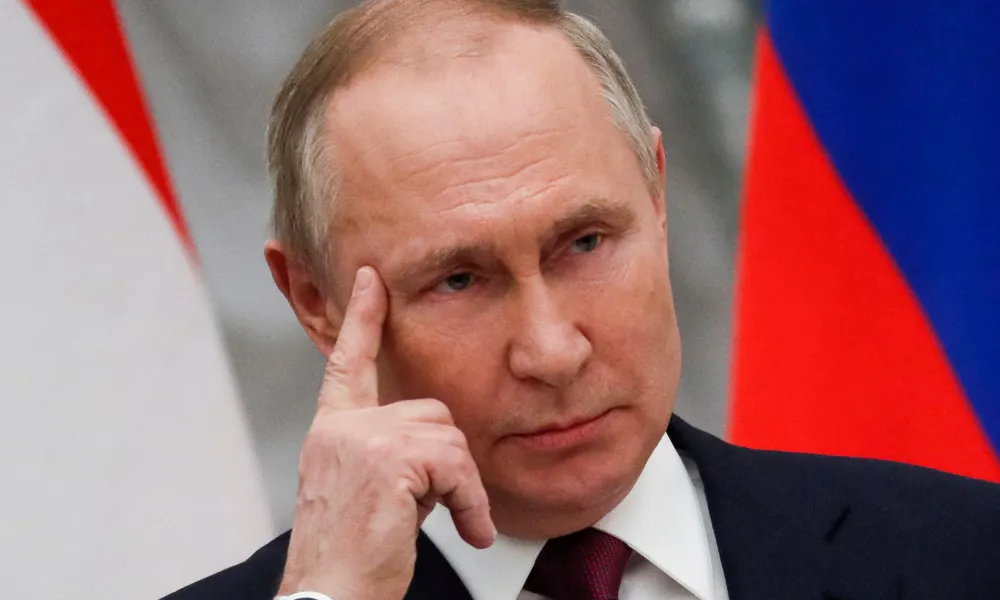Accountability
Europe to consider banning Russian tourists

Europe is debating whether or not to ban Russian tourists, in light of the ongoing conflict in Ukraine.
Many Ukrainians are spending their summer in bomb shelters, trying to avoid missiles and artillery. In contrast, Russian tourists are enjoying the sun and sand in Mediterranean countries.
Kyiv’s allies are outraged by this split-screen juxtaposition. They are calling for a ban on Russian travelers in order to send a message of solidarity with Ukraine.
However, some Europeans are hesitant to enact such a measure. They fear that it would only further escalate tensions between Russia and the West.
The debate is ongoing, and no decision has been made yet. In the meantime, Ukrainians continue to suffer from the violence in their country.
The dispute over whether to exclude Russian tourists from visiting Europe is heating up, as the West grapples with how to react to Russia’s ongoing aggression in Ukraine. The debate has been fueled by a recent appeal from Ukraine’s government, which has reignited long-standing divisions within the West about how aggressively to confront Russia in the war’s next stage.
The moral question central to European capitals is the Russian public’s culpability: Are ordinary citizens, by not putting up visible opposition, enabling President Vladimir Putin’s war?
Some argue that a ban on Russian tourists would be an effective way to punish the Kremlin for its aggression, and would send a strong message that the West will not tolerate continued aggression in Ukraine. Others argue that such a ban would be counterproductive, and would only serve to further alienate the Russian people.
Terry A. Hurlbut has been a student of politics, philosophy, and science for more than 35 years. He is a graduate of Yale College and has served as a physician-level laboratory administrator in a 250-bed community hospital. He also is a serious student of the Bible, is conversant in its two primary original languages, and has followed the creation-science movement closely since 1993.
-

 Accountability4 days ago
Accountability4 days agoWaste of the Day: Principal Bought Lobster with School Funds
-

 Civilization1 day ago
Civilization1 day agoWhy Europe Shouldn’t Be Upset at Trump’s Venezuelan Actions
-

 Executive2 days ago
Executive2 days agoHow Relaxed COVID-Era Rules Fueled Minnesota’s Biggest Scam
-

 Constitution3 days ago
Constitution3 days agoTrump, Canada, and the Constitutional Problem Beneath the Bridge
-

 Christianity Today1 day ago
Christianity Today1 day agoSurprising Revival: Gen Z Men & Highly Educated Lead Return to Religion
-

 Civilization2 days ago
Civilization2 days agoThe End of Purple States and Competitive Districts
-

 Executive2 days ago
Executive2 days agoWaste of the Day: Can You Hear Me Now?
-

 Civilization5 days ago
Civilization5 days agoThe Conundrum of President Donald J. Trump


